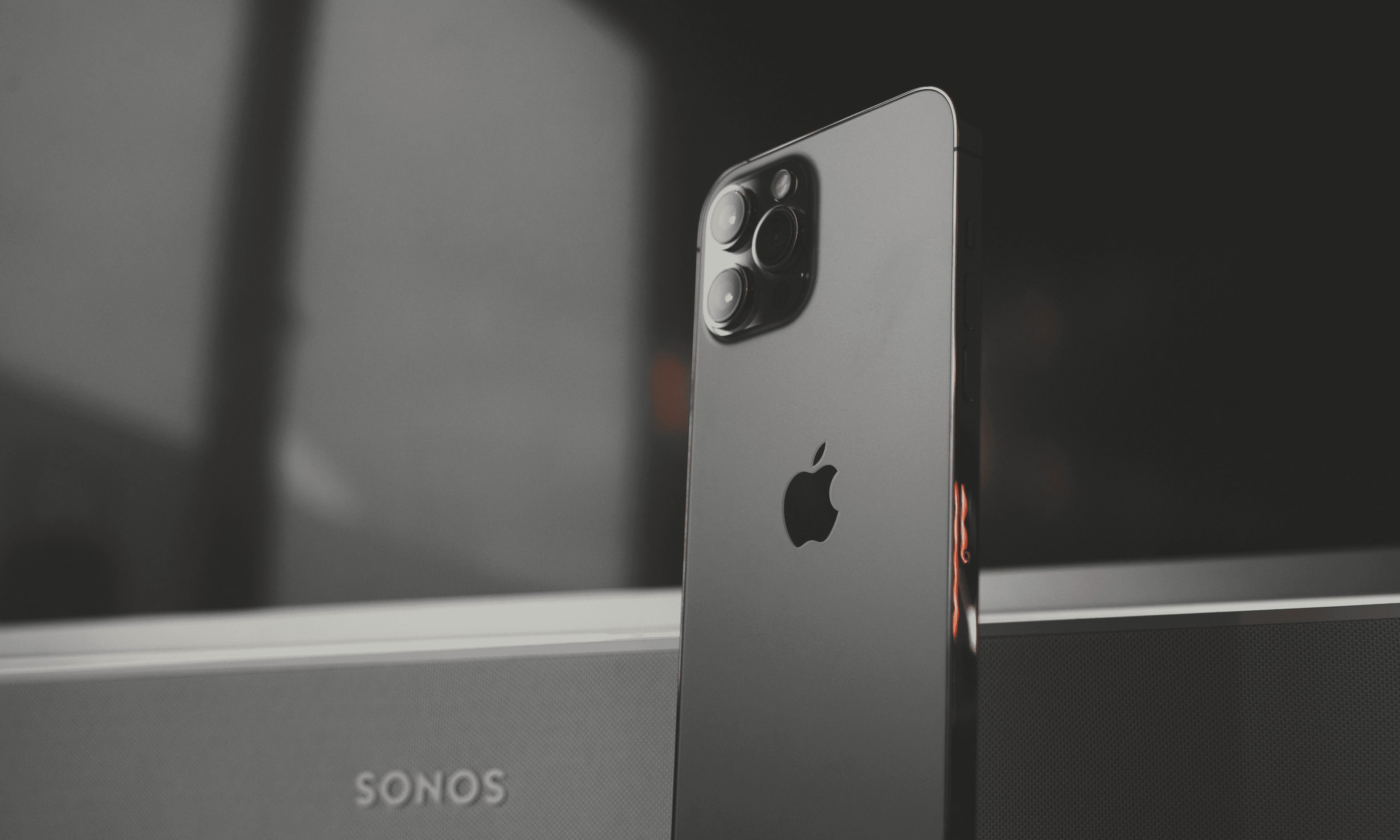Is Google falling short on sustainability? We examine what it’s doing well, where it’s failing, and how it could improve its eco‑efforts.

Written by Andrew Marchant, Marketing Manager | Privacy, Money-Saving and Parenting Advice
Last updated on 18 December 2025

Google, one of the big five tech companies, have a substantial responsibility to make sure they are not doing more damage than harm in the name of profit. Or, at least mitigating any risks as much as possible for the entirety of their product range, not just their devices.
Engadget hit the nail on the head in a recent post. Google needed to aim for the moon with their Pixel 4 by committing to sustainable and responsibly sourced technology in their new device. We have seen that Apple have started to use recycled raw materials in their haptic feedback, and we have already commended how Apple have taken responsibility for emission reduction throughout their supply chain.
Apple still have a long way to go, but Google could go further but are barely even starting. We are hoping that one of the big tech companies will follow a smartphone company like Fairphone and use their huge might and economies of scale to truly push the boundaries of offering sustainability but not at the expense of quality.
We’ve seen Google implement real solutions to environmental problems, but Google have recently distanced themselves from these endeavours, and projects such as Dandelion, Malta and Makani are now either shelved, discontinued or run under the Alphabet umbrella.
Google is now free to move away from their innovative sustainability projects and push the yearly upgrade model and move further into the capitalist model that has served Samsung and Apple so well.
Google have plans to grow their smartphone market share and to do this, they need more sales. It is preferable for them to not make their devices repairable, or supported for a prolonged period of time. These are all self-imposed limitations to encourage regular upgrades and it is well within Google's capabilities to go above and beyond what other manufacturers are doing.
Here are our suggestions for improvements that Google could make:
Prioritise fair and recycled materials in their devices
Publish supply chain information
Publish capacity specific emissions data
Incorporate right to repair by design
Four years of security updates
All of these would have a significant impact, and not just to the people that factor environmental information into their buying decisions. It would also have a significant effect on the market and could increase brand favourability over their competitors.
We are still waiting for the Pixel 4 environmental report to make an informed decision on whether there were any real improvements or innovative approaches to sustainability in their latest device, but we’re not holding out too much hope.

Digicam trend drives 979% spike in iPhone 4 demand and here's what you need to know before using one.

The iPhone used to define innovation. Now every new model feels the same. Is Apple’s story running out of pages?

See which Apple, Samsung and Google phones hold their value best over the first and second year on the market.